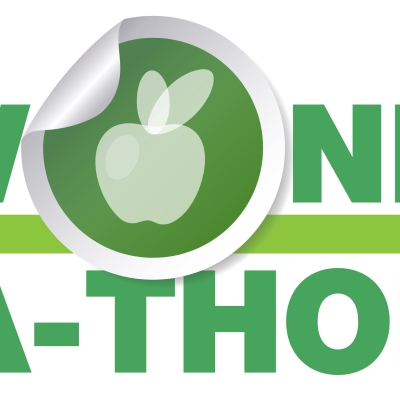It’s not really a surprise that the progress of school choice at the state level is so often tethered to the fortunes of Republican lawmakers. A number of Democratic interest groups (teachers’ unions chief among them, though they’re certainly not alone) have traditionally lined up against charter schools and voucher initiatives, and down-ballot officeholders have been slow to follow the lead of national figures (and charter fans) like Bill Clinton and Barack Obama. That’s why it’s so striking to observe this month’s developments in Maryland, where an overwhelmingly Democratic state legislature has teamed up with the GOP to carve out new funding for private school scholarships aimed at low-income students. It’s important to keep a sense of proportion; the initiative accounts for just $5 million out of a $42 billion state budget, and legislators rejected a far more ambitious proposal for private school tax credits. Still, the move is a major step forward for private schools of choice in the Old Line State.
With New York City authorities already facing serious questions about student safety, the country’s biggest school district must now address a class action lawsuit filed on behalf of students who have been the victims of bullying. The case, propelled forward by charter-friendly advocacy group Families for Excellent Schools, alleges that the New York City Department of Education violated state law by failing to address a wave of violence perpetrated both by school bullies and abusive teachers. It’s a tricky time for the issue to surface, since the district is still roiled by a spate of scary episodes involving firearms smuggled into school facilities. In response to media coverage of the incidents, Mayor Bill de Blasio has entreated the public to “put a lot of trust in” the NYPD, since “they’ve continually driven down crime in our schools.” This will be a critical case to watch, since it tracks the continued pivot of local choice organizations to the safety and discipline front; Familes for Excellent Schools is essentially a pure product of Eva Moskowitz, who has taken harsh swipes at what she perceives as the district’s too-lax disciplinary procedures. The policies at her Moskowitz’s Success Academy, meanwhile, have been criticized as draconian. It may be up for the courts to decide which vision will prevail.
Even though Denver’s contemptible football team supplanted a far more worthy AFC rival and triumphed in the most unwatchable Super Bowl ever played, its civic stock has actually risen over the past few years—in no small part due to Fordham’s commentary. We trumpeted the city’s virtues on school choice repeatedly in 2015, first in our report on district-charter relations and then in our authoritative ranking of “choice friendliness” in major American school districts. In the former, we happily proclaimed Denver to be “the country’s most comprehensive attempt to improve school quality by engaging charters as equal partners through a portfolio approach.” David Osborne has written a terrific new article for Education Next showcasing the fruits of that effort. Looking back on the dark days of 2005, when then-Superintendent (and present-day U.S. Senator) Michael Bennet was charged with repopulating half-empty district classrooms, the story chronicles the increasing cooperation between the district and charter sectors—and the phenomenal academic gains that have gone with it.
And while we’re focusing on cheery news, the good people of Nevada are breathing a sigh of relief this week over the uneventful start to their standardized testing season. The state’s computer-based Smarter Balanced assessments have proceeded smoothly thus far, with around 7 percent of eligible students in Clark County (the state’s largest, and home to three-quarters of its residents) completing exams over the past month. Though that figure stops somewhat short of mind-blowing, it’s a huge step forward from the farce that took place last year, when server problems prevented thousands of kids from logging in for the assessments and the entire testing schedule had to be revised for many schools. We’ll take progress any way we can get it.
